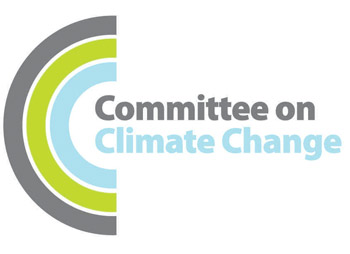 In my absence last week, I missed the latest from the Committee on Climate Change, a document entitled "Power sector scenarios for the fifth carbon budget". This was widely reported as showing that renewables would be competitive with natural gas by 2020.
In my absence last week, I missed the latest from the Committee on Climate Change, a document entitled "Power sector scenarios for the fifth carbon budget". This was widely reported as showing that renewables would be competitive with natural gas by 2020.
A reader has sent me some interesting observations which I thought were worth sharing.
Take this for example:
In a central scenario for gas prices and with a value attached to carbon that is consistent with meeting the UK’s 2050 target, the full cost of new gas generation would be £85/MWh for new plants coming on line in 2020 and £95/MWh for 2025. That assumes a gas price that increases from 46p/therm in 2015 to 66p/therm by 2025;
In fact, in a footnote, they note that the central scenario was in fact for a price of 72p/therm, but that they decided to reduce it by 6p "given sustained low gas prices".
In the UK, the wholesale price is currently 41p/therm, while in the US it is at $1.948/MMBtu, which is equivalent to $0.19 or 12p/therm. So UK prices are 3.4 times those stateside. Now there is a gas glut in the US for sure, but this is likely to ease. We know that huge quantities of LPG capacity are coming on stream, for example, so there is likely to be strong downward pressure on UK prices. This is reflected in the US futures market, where US prices are expected to increase by 60% or thereabouts by 2020. Despite this, the CCC is betting that the differential between the two markets will be maintained. This looks...odd.
The other major change that the CCC expects is the introduction of a carbon tax.
The Government’s carbon values are designed to be consistent with action required under the Climate Change Act (Box 3). They reach £78/tonne in 2030 and would be enough to push the costs of gas-fired generation up above the level of mature low-carbon options in the 2020s
So let us understand this. It is a level of tax designed to reduce CO2 emissions regardless of whether this is a sensible thing to do. It is not a Pigou tax, designed to reflect the cost of damage (allegedly) done. That would be rather lower.
There are 0.005tCO2 in each therm of natural gas, so a carbon tax of £78/tCO2 is equivalent to a carbon tax of 39p/therm. Yes you read that correctly: the CCC is not only assuming that gas prices will increase by half despite the downward pressure from unconventional gas, they are also assuming that the government will impose a carbon tax at a level equal to today's wholesale price. A 100% tax!
Once you understand this, the declaration that renewables will be cost-competitive in this world looks more like a guilty verdict than a vote of confidence.
 Bishop Hill
Bishop Hill